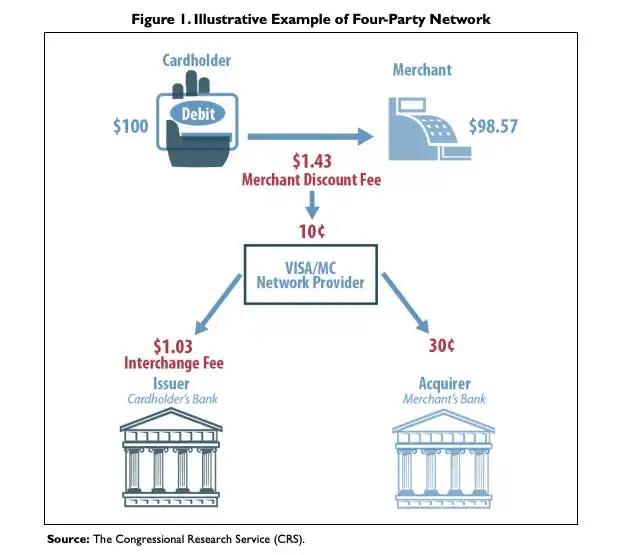I write a lot of snail-mail paper letters. Why? Two primary drivers:
- Enshitification. If the digital path has CAPTCHAs or dark patterns, I refuse to serve as an enabler. I don’t do CAPTCHAs.
- Boycotts. I boycott both Microsoft and Google. When a recipient’s email provider is one of them, an honest boycott entails not feeding data to those surveillance advertisers who profit from the data.
Government offices sometimes just ignore the letters -- letters which require a response.
The problem in the US
Gov agencies have some “public access” databases such as courts that let you search past cases and state secretary’s business registries. But then they impose a CAPTCHA on queries. How does an offline analog person get the info? They put their request for info in writing, which is then simply ignored. You don’t even get enough dignity for an acknowledgement.
The problem in Europe
As the “digital transformation” movement is shoved down people’s throats, they cattle-herd folks toward their enshitified web portals and their Microsoft-hosted email addresses. Regulators have an obligation to process complaints. E.g. when a transport carrier breaks a transport law or a telecom supplier breaks a telecom law, there is a national authority who must treat your complaint. But if the complaint comes by mail, they sometimes just ignore it.
The insideous nature of being ignored is you are also naturally blocked from knowing why you were ignored. Maybe the mail was trully lost - you don’t know. Or maybe they are ignoring paper letters because young workers (born with Internet) don’t know how to write paper letters, or can’t be bothered. Ignoring letters is common in the US because there is usually no oversight. That is, there is no easy escalation option when a state secretary ignores a request. You’re simply fucked unless you’re willing to sue them (and likely lose, but at least you’ll have a chance at getting an answer on why you were ignored).
Europe is structurally more competent. Most¹ NEBs² and other gov agencies have an oversight authority like an ombudsman, where you can complain that your complaint was ignored. Sometimes I strangely find that my complaint actually was being silently treated or investigated, but the agency was just not competent enough to acknowledge the complaint. Other times, they simply ignore. Nonetheless, it’s a shit-show. There is rarely an ultimate answer and the original non-compliance you were reporting goes uncorrected. You don’t even get an apology, generally.
European agencies and ombudsmen are competent as far as keeping stats on the data they process. Complaints get categorised, counted, and stats reported annually. But there is no stat on the number of submissions that get ignored.
We need a federal agency to simply take reports of ignored correspondence, and investigate why it was ignored.
The fix in the US (nothing practical)
If the orignal reason for writing was to request public info, you can package your request as an official “Freedom of Information Act” request (FOIA), and they cannot ignore that. But it’s not gratis. You must pay them per page for their costs and effort.
Perhaps a FOIA solves your problem. But for me, it does not because my reason for using analog correspondence is often to punish them for enshitifying the digital platform or for trying to force me to expose info to the surveillance capitalist who handles their email. Paying them for analog info defeats that purpose because it compensates them more than your CAPTCHA-fiddling time is worth. Nevermind the human rights that forced GUI captcha puzzles violate.
If your original request was not for information but for action, then you’re fucked anyway unless you are happy to go to court with confidence in a successful lawsuit in a country where you do not have a right to an analog life.
The hack of a fix in Europe (and why it’s broken)
The GDPR gives us a theoretically useful fix to being ignored: Article 15. You have a right to access your personal data and to know how your personal data was processed. When you hand-sign a paper letter, that signature satisfies the definition of “personal data” (EDPB confirms this fact). So when they ignore your letter, you can then send them a GDPR Art.15 request asking how your previous letter was processed. They then have a legal obligation to answer you as soon as possible and no later than 30 days later.
Why this fails: data controllers always ignore the Art.15 request asking how the previous letter was processed. Yes, they bluntly violate the GDPR because the GDPR is mostly just a prop to comfort people during the forced digital transformation. The GDPR is not enforced in most cases.
Sure, you can file an Art.77 complaint with the DPA. The DPA will not “ignore” it, per se. They will acknowledge the complaint, assign a case number, and then they will ignore the case which gets moth-balled (neglected) because all DPAs are severely under-staffed and buried in cases. Your attempt to use Art.15 as a hack for purposes it was not intended will have the absolute lowest of priorities and will never get treated. It will just rot.
Nonetheless, file it anyway so at least there is a record of the problem somewhere.
¹ Exceptionally, there is no effective oversight above the data protection authorities. You have no recourse when they ignore you. Same problem with federal ombudsmen.
² NEB: National Enforcement Body
